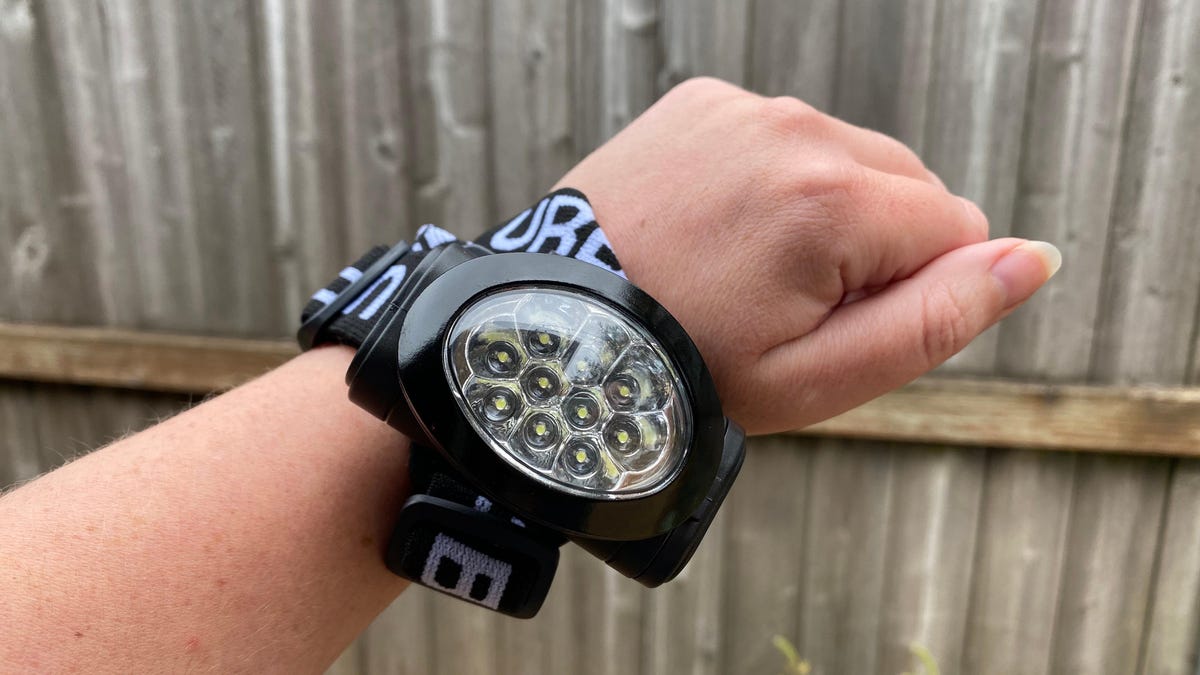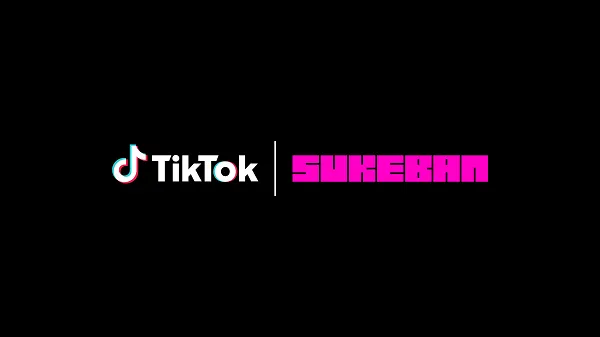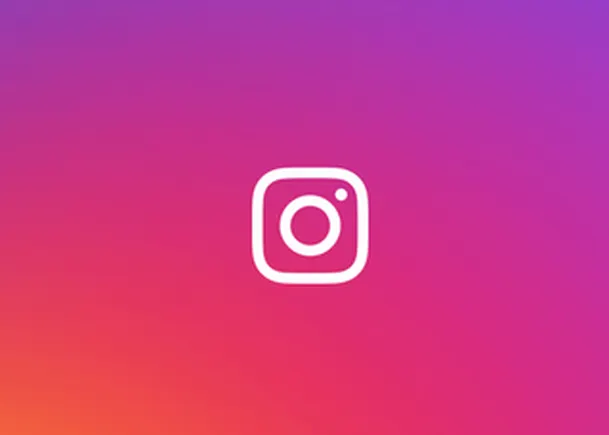The Out-of-Touch Adults’ Guide to Kid Culture: What Is #DeathTok?
This week’s Out-of-Touch Guide is a look at the widely different ways technology affects youth culture. On one end of the spectrum, constant connectedness to devices is leading to ridiculous trends like eating dog food and plastic candy wrappers....

This week’s Out-of-Touch Guide is a look at the widely different ways technology affects youth culture. On one end of the spectrum, constant connectedness to devices is leading to ridiculous trends like eating dog food and plastic candy wrappers. On the other, kids are using technology to help each other deal with heavy stuff like death and disease in ways that would have been impossible for previous generations. So it’s a real mixed bag.
The serious side of TikTok: Death and the pandemic
It’s easy to think of TikTok as the home of lip-sync videos, silly challenges, makeup tutorials, and bad advice, but two recent trend show how kids are using the platform to talk to each other about literal life and death matters.
#DeathTok: When I was a teenager, I thought I was never going to die, so I never thought about death at all. But based on the videos tagged #DeathTok, Gen Z likes thinking about death. Not in a silly, goth way, but instead, considering and accepting the reality of death. Popular videos with the #DeathTok tag consider the end of life from all angles, from talk of the logistics of preparing corpses from morticians and funeral directors, to videos describing alternatives to traditional burial methods, to videos asking whether you can get your tattoos preserved after death (you can). Of course, there are also jokes— dark, death-centric jokes that you will only think are funny if you’ve been there.
The Pandemic: We just passed the third anniversary of the beginning of the COVID pandemic, and TikTok is marking the occasion with a meme. Under a triumphant guitar solo from Harrison Saltzman’s cover of “Slipping Through My Fingers,” Zoomers are contemplating how the pandemic changed their lives via the heading: “Things That Would Send March 2020 Me Into a Coma.” The videos are personal and confessional—hardly free of young people’s navel-gazing self-importance, but with an overall tone that is generally positive. Kids used their time in lockdown to get sober, become famous, and generally improve themselves. (I just watched a lot of TV.)
The ridiculous side of TikTok: Eating dog food and candy wrappers
Once you’re older than 25, you don’t need to be told not to eat plastic or dog food, but only because you’ve probably already tried it. Younger people haven’t touched the stove yet, so a lot of them are getting their fingers burned in ridiculous ways. Here are two examples.
Eating dog food for gains: It started when online bodybuilding influencer Henry Clarisey made a silly TikTok video promising to eat protein-rich dog food if he got 15,000 likes. He ended up with over 2 million, and, being a man of his word, he chowed down on some Kibbles and Bits “for the gainz.” This led to enough other people trying it that Henry released a video to say, “People, it was a joke! Don’t eat dog food!” For the record: eating dog food won’t kill you, but it’s not intended for human consumption. It tastes bad and isn’t healthy. (Yes, I ate some dog food when I was young. For the gainz, of course.)
Eating plastic: Eating Fruit Roll-ups with ice cream is a trend among people with simple tastes, but this online doof decided to make the recipe easier by omitting the ice cream and just tearing into a frozen fruit roll-up, seemingly with the plastic still attached. Enough people duplicated the stunt that Fruit Roll Up’s official TikTok felt the need to post a video advising everyone that they actually shouldn’t eat the plastic that covers their fruit leather, because it’s plastic. It also seems to indicate the first guy’s video is fake, because you can’t just bite through plastic because it’s frozen.
Viral video of the week: Amazing Invention—This Drone Will Change Everything
Mark Rober usually makes silly engineering and science content, but he posted a video this week that is a lot more mind-blowing and serious than Squirrel Olympics or
glitter bombs for package thieves. The technology his clip describes actually lives up to the hype of the title “Amazing Invention—This Drone Will Change Everything.”
Zipline
is using innovative drone technology to bring wealthy Westerners sandwiches quickly, but they’re also using it to deliver much-needed medical supplies to hospitals in Rwanda. Judging from the video (and I realize that’s not necessarily a safe thing to do on the internet,
and there may be another side to this story) the improvements Zipline made to the idea of little helicopters dropping things off on your doorstep really might make the technology feasible. And it exists now. Widespread implementation
would mean nearly instant delivery of anything you can order and way fewer cars and trucks on the roads. But what the company is doing in Rwanda is even more important. They’re using miniature drone-style craft to deliver life-saving medical supplies to remote hospitals. Not theoretically, but actually. Right now.

 JimMin
JimMin 































